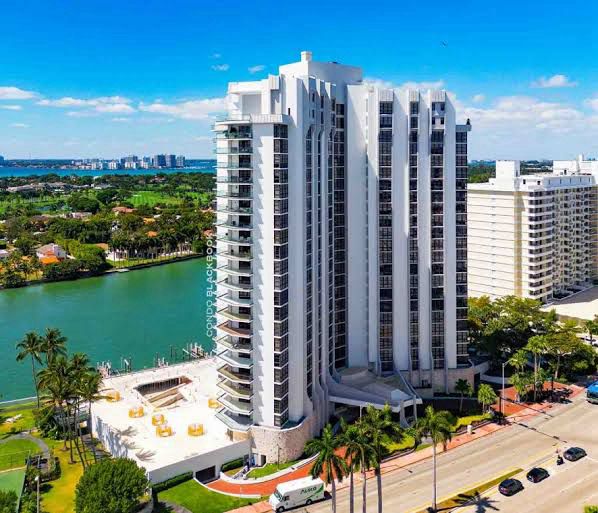
How to Spot Genuine Land Titles in Nigeria: A Buyer’s Guide
Buying land in Nigeria can be one of the smartest investments you’ll ever make — if you do it right. Sadly, many unsuspecting buyers fall into the trap of fake documents, dubious ownership claims, and land scams that could have been avoided with just a little more knowledge.
At Oceania Homes, we believe information is protection. That’s why we’re sharing this essential guide to help you identify genuine land titles and protect your investment.
Why Land Titles Matter
A land title is the legal proof that you own the land — it protects you from future disputes, encroachment, or government acquisition. Without proper documentation, you don’t really own the land — even if you’ve paid in full.
Common Types of Land Titles in Nigeria
Before we dive into spotting fakes, let’s understand the most recognized land documents in Nigeria:
- Certificate of Occupancy (C of O):
The most secure title issued by the state government, usually for a 99-year lease. It proves legal ownership and grants you full rights to use the land. - Governor’s Consent:
Required when land with an existing title is transferred to another party. Without this, your transaction may not be valid. - Registered Deed of Assignment:
A legal document that transfers property rights from the seller to the buyer. Must be registered at the Land Registry. - Survey Plan:
Shows the precise location and size of the land, and confirms whether it falls within government acquisition areas. - Excision Document:
Shows that the government has officially released the land for private ownership. This is especially important for lands in Lagos. - R of O (Right of Occupancy):
Issued in northern Nigeria as proof that land is held by permission of the government.
🛑 Red Flags: How to Spot Fake Land Titles
Here are signs that a land title might be fake or invalid:
- 🟥 No Government Stamp or Registration Number
Real titles are registered and stamped by the appropriate state land registry. If the document lacks this, it’s likely fake. - 🟥 Inconsistent Survey Plan
Always confirm the survey plan with the Office of the Surveyor-General. Fake plans often don’t match actual land coordinates. - 🟥 Unverifiable Seller Claims
If the seller can’t provide the full chain of ownership or claim to be “family representatives” without paperwork, be cautious. - 🟥 Too-Good-To-Be-True Prices
Land that’s significantly cheaper than market value in that area may be under dispute, encumbered, or under government acquisition. - 🟥 Handwritten or Photocopied Documents
Original land titles are officially typed, sealed, and registered. Avoid dealing with scanned or photocopied versions only.
How to Verify a Land Title Before You Buy
- ✅ Visit the Land Registry:
Take the C of O, Deed, or other document to the state land registry to confirm its authenticity. - ✅ Engage a Trusted Lawyer or Real Estate Expert:
Always have a professional review documents and carry out a title search on your behalf. - ✅ Confirm Survey Details:
Have the coordinates verified with the Surveyor-General’s office to ensure the land isn’t under government acquisition. - ✅ Get Governor’s Consent if Necessary:
Especially if you’re buying from a private individual or developer who is reselling. - ✅ Buy from Verified Developers:
Companies like Oceania Homes only offer lands with verified titles and full documentation — reducing your risk to zero.
At Oceania Homes, Your Safety Is Our Priority
We go the extra mile to verify, document, and register every property before offering it to our clients. From Certificate of Occupancy to Governor’s Consent, we make sure your investment is protected from day one.
Final Thoughts
Buying land in Nigeria doesn’t have to be a gamble. With the right knowledge and a trusted partner, you can secure your future without fear. Don’t fall for shortcuts — demand documentation, verify everything, and choose developers who value integrity.
Looking for verified properties in Abuja, Lagos, Warri, or Port Harcourt?
Talk to Oceania Homes today.



